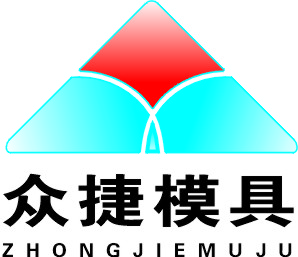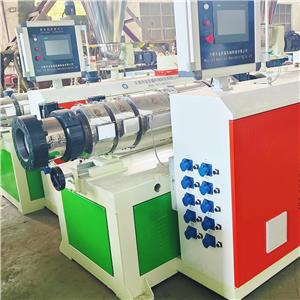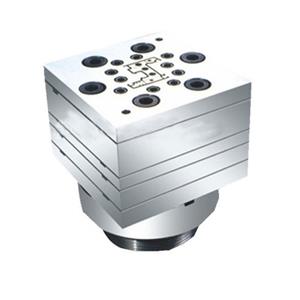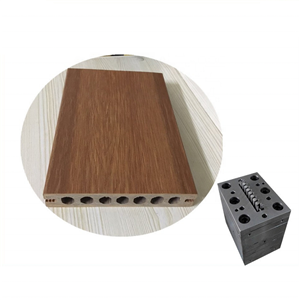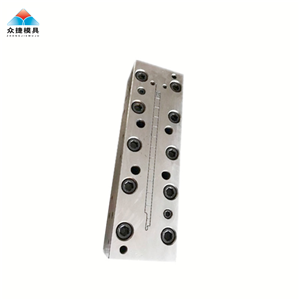What is PVC (Polyvinyl Chloride)?
What is PVC (Polyvinyl Chloride)?
PVC — short for poly vinyl chloride — is a synthetic polymer made from the vinyl chloride monomer. This polyvinyl chloride material is a versatile thermoplastic recognized for its durability, resistance to chemicals, and cost efficiency. If you’ve wondered "PVC what?" or "what is polyvinyl chloride", this guide covers its meaning, uses, properties, and benefits to help you understand why pvc material has become so indispensable across industries.
What is PVC used for?
Thanks to its corrosion resistance, strength, and electrical insulation, material PVC finds applications from plumbing to electronics and healthcare. Common examples of pvc plastic uses include:
Card guides
Poly vinyl chloride card guides offer insulation and prevent shorts in PCB assembly.
LED spacers
PVC plastic spacers insulate LED leads, withstand heat, and maintain performance in high-power setups.
Fuse covers
Flexible pvc material resists corrosion and impacts, protecting fuse clips and blocks.
Adhesive-mount cable clamps
Polyvinyl chloride material resists UV and moisture, ideal for outdoor or demanding conditions.
Cable duct
PVC polyvinyl chloride ducts safeguard data and electrical cables in offices and data centers.
Masking caps and plugs
Heat-resistant material PVC fits snugly for coating and painting protection.
Caps and plugs
Durable pvc plastic caps and plugs protect against dust, dirt, and corrosion during storage and shipping.
Polyvinyl Chloride properties
When discussing pvc meaning in materials, we refer to characteristics such as chemical resistance, high hardness, and adaptability.
What is PVC material made of?
It begins with vinyl chloride monomer (VCM) polymerized into PVC resin. Additives like stabilizers, pigments, fillers, and plasticizers enhance polyvinyl chloride material properties for specific applications.

You can find out more in our guide, What is Plastic Injection Molding and How Does it Work 2025?
What are the different types of PVC?
Rigid PVC (uPVC)
Strong, unplasticized pvc polyvinyl chloride for pipes, windows, and profiles.
Flexible PVC (PVC-P)
Plasticized pvc plastic for cables, tubing, flooring, and medical uses.
Chlorinated PVC (CPVC)
Heat-resistant CPVC for hot water systems and chemical handling.
Foam PVC
Lightweight, rigid pvc material for signage and prototypes.
Clear PVC
Transparent poly vinyl chloride ideal for packaging and display.
What are the advantages of Polyvinyl Chloride?
Cost-effective and widely available
High impact resistance
Excellent electrical insulation
100% recyclable
Superior chemical resistance
Download free CADs and try before you buy
Free CADs are available for most PVC-based components. You can also request free samples to ensure the product fits your needs.
📧 Email: sales02@joinzeal.net
☎ Phone: +86-17771098397
